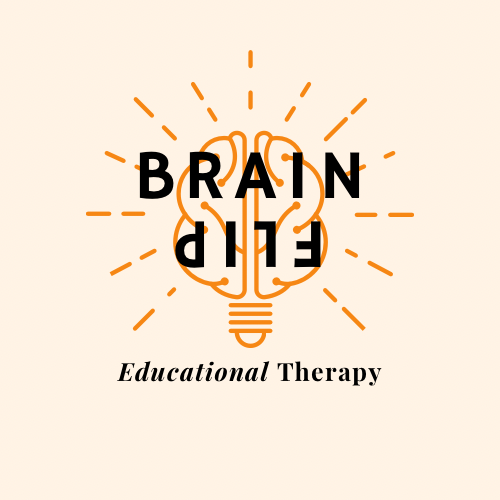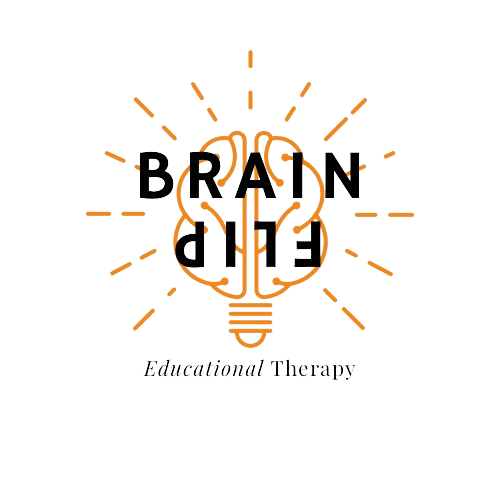What is an ADHD Coach?
Attention Deficit Hyperactivity Disorder (ADHD) can be a challenging condition to manage. It affects individuals of all ages and can make it difficult to focus, organize tasks, and manage time. As an ADHD support coach, my role is to help individuals with ADHD develop effective strategies and skills to manage their symptoms and thrive in their personal and professional lives.
Here are some ways I provide the best support possible to individuals with ADHD:
Understand the unique challenges of ADHD: ADHD affects everyone differently, and it's important to understand the unique challenges that each person faces. Some individuals may struggle with hyperactivity and impulsivity, while others may have difficulty with attention and organization. By understanding the individual's specific challenges, I can help them develop strategies that are tailored to their needs.
Help individuals with ADHD develop self-awareness: Self-awareness is key to managing ADHD. I help individuals identify their strengths and weaknesses, as well as their triggers and warning signs. This can help them recognize when they are struggling and take proactive steps to manage their symptoms.
Develop effective time management strategies: Time management can be a significant challenge for individuals with ADHD. I help individuals create a schedule and prioritize tasks, breaking them down into manageable steps. I encourage them to use tools such as timers, alarms, and reminders to help them stay on track.
Support organization and planning: Organization and planning are essential skills for individuals with ADHD. I encourage them to use tools such as calendars, planners, and to-do lists to help them stay organized and on top of their tasks. I help them develop a system for keeping track of important information, such as appointments and deadlines.
Encourage healthy habits: A healthy lifestyle can help individuals with ADHD manage their symptoms. I encourage them to prioritize sleep, exercise, and a healthy diet. These habits can help improve focus and reduce impulsivity.
Provide emotional support: Individuals with ADHD may struggle with feelings of frustration, shame, and low self-esteem. As an ADHD support coach, it's important to provide emotional support and encourage them to seek additional support, such as therapy, if needed.
Celebrate successes: I recognize their progress and help them build on their achievements. Positive reinforcement can be a powerful motivator for individuals with ADHD.
In conclusion, being an ADHD support coach is a challenging but rewarding role. By understanding the unique challenges of ADHD and helping individuals develop effective strategies and skills, I can help them manage their symptoms and thrive in their personal and professional lives.

